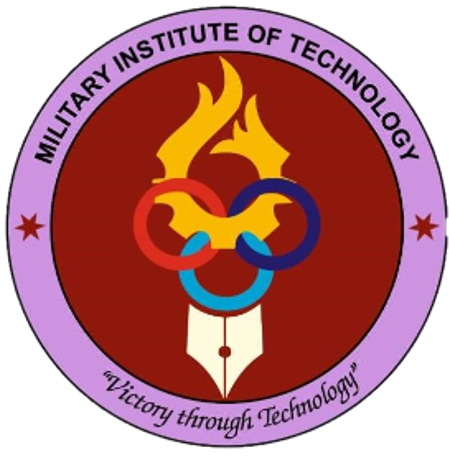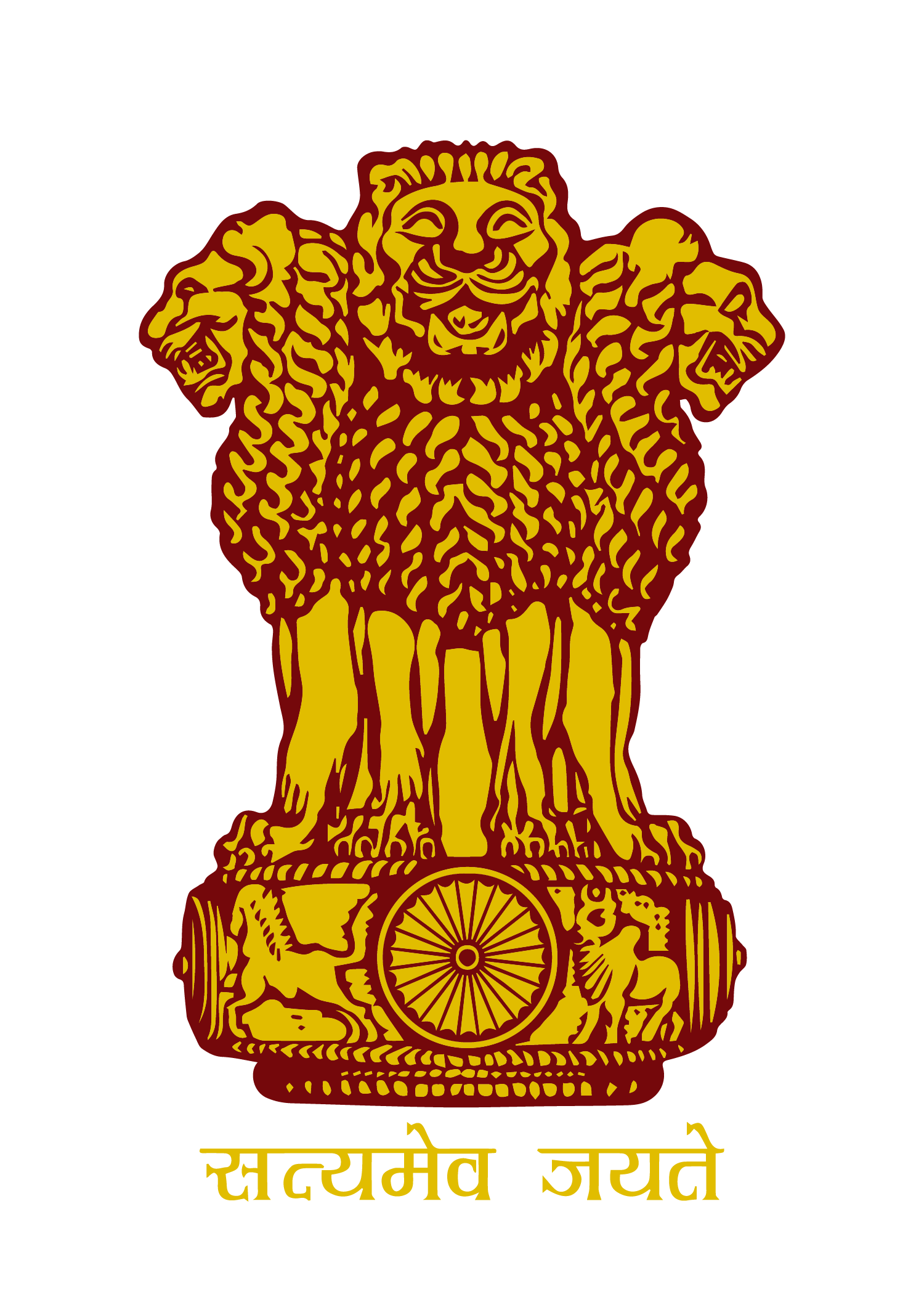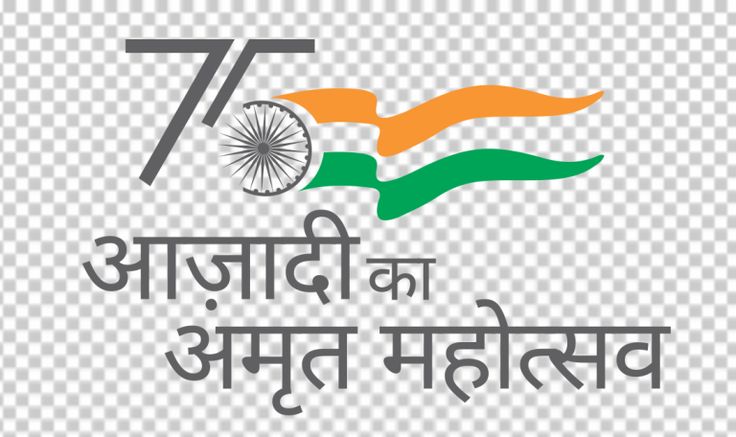Program Courses
Training Spectrum
Flagship Courses Defence Services Technical Staff Course (DSTSC)
Industrial Demonstration Tour
Forward Area Tour
Naval Technical Staff Course (NTSC)
Training Infrastructure
International Presence
Overseas Visits by Faculties
Visits Foreign Delegation
Courses Conducted at MILIT Course Duration (in wks)
ARMY COURSE
- Defence Services Technical Staff Course (DSTSC)
NAVY COURSES
- Naval Technical Staff Course (NTSC)
- Defence Services Technical Staff Course (DSTSC) – Navy
- Indian Naval Armament Service Officers Foundation Course (INASOFC)
- Marine Propulsion Control Technology Course (MPCTC) (twice a year)
- Guided Weapons Introductory Course (GWIC)
- Naval Weapons & Missile Technology Course (NW&MTC) (twice a year)
- Naval Technology Update Course (NTUC)
AIR FORCE COURSE
- Defence Services Technical Staff Course (DSTSC)
TRI-SERVICE COURSES
- Aircraft Weapon Delivery and Aircrew Ejection Systems Course (AWDESC)
- Space Operation and Spatial Technology Course (SOSTC)
- Advanced Communication Technology Course (ACTC)
- Capsule on Science Technology and Applied Research (CAPSTAR)
- Nuclear Electromagnetic Pulse (NEMP)
BRIEF OF COURSES
The salient courses being conducted at MILIT are as follows:-
(a) Defence Services Technical Staff Course (DSTSC) (Army).
The DSTSC course is conducted for all Army, Navy & AF offrs. There is a Common Entrance Test or Service Specific nomination norms for DSSC and DSTSC for officers of the Indian Army, Navy & AF. DSTSC trains selected mid-career officers to hold command and staff appointments in the rank of Major to Colonel in the Army and equivalent inter-serviceappointments and with further experience, to hold higher command and staff appointments. On successful completion of the course, officersdesirousof Post Graduate Degree are awarded M Sc (Military Technology) by Savitribai Phule Pune University. The Naval offrs get the degree from DIAT, Pune.
(b) Naval Technical Staff Course (NTSC).
The course provides in-depth knowledge to Naval Armament officers of the Naval Armament Inspectorate Cadre with emphasis on the technological design aspects and quality management of various types of Naval Armament stores.On completion of the course, M Sc (Military Technology) is awarded to the officers by Savitibai Phule Pune University.
(c) Marine Propulsion Control Technology Course (MPCTC).
This is a course conducted twice a year as part of ab-initio training for Engineering Officers of the Indian Navy, Coast Guard and Friendly Foreign Navies. This course forms part of Marine Engineering Specialisation Course (MESC). The aim of the course is to train Marine Engineers on existing control system technologies and introduce them to the emerging technologies in the field of marine controls. The course is scheduled after the officers have undergone six months OJT on propulsion system control during watch keeping onboard warships.
(d) Indian Naval Armament Service Officers Foundation Course (INASOFC).
This is a customised course for newly recruited Junior Managers of Naval Armament Service Organisationof Indian Navy. The aim of the course is to acquaint participants with the technologies and procedures related to management and supply of naval armament stores.
(e) Advanced Communication Technology Course (ACTC).
This course is aimed at orientating the newly inducted officers at various Wireless Experimental Units of the three services in various SIGINT capabilities.
(f) Naval Weapon and Missile Technology Course (NW&MTC).
This is a short course conducted twice a year for Indian Navy Officers, Coast Guard and Friendly Foreign Navies. The course gives an overview of weapons and missile technologies used in the Navy. The subjects covered are Missile Aerodynamics, Missile Propulsion, Missile Guidance and Control Systems, Naval Armament and Warheads and Fuses.
(g) Guided Weapon Introductory Course (GWIC).
This is a course which acquaints Executive Officers of Friendly Foreign Navies about the basic unctioning and design of guided missile systems and various sub- systems. The course is part of Long Gunnery Officers Course conducted at INS Dronacharya, Kochi.
(h) Advanced Weapon Delivery & Ejection Systems Course (AWDESC).
This is a tri service course conducted by Faculty of Air Force to train service officers on technological & operational aspects of Aircrew Ejection System and to expose them to salient aspects of contemporary air armament technologies.
(j) Information Technology & Cyber Security (IT&CS).
This basic course has been designed for officers from all the three services and friendly foreign countries. The course introduces officers to Computer evolution, hardware and software fundamentals. The course also imparts basic understanding on Computer Networking, Cyber, Internet, WiFi& Smartphone security.
(k) Big Data Analytics (BDA).
This all arms course has been designed to impart training to officers with prior knowledge on statistics and probability on concepts of Data Mining, architecture and applications of Big Data, visualization analysis and the Hadoop ecosystem.
(l) Naval Technology Update Course (NTUC).
This course is designed as a technology refresher for mid/senior level officers of E,L and X (NAI) branches/ cadre of Indian Navy, who could not get opportunity toundergo post-graduation. The course conducted by Faculty of Navy is envisaged toprovide inputs on contemporary and emerging technologies officers and enable to take informed decision during their appointments at headquarters andundertake effective staff work in their current duties.
(m) CAPSTAR(Capsule on Science, Technology & Applied Research).
This capsule is designed to expose offrs of the rank of Brig and equivalent of the three services to important facts of national security and strategic level and understand application of contemporary ideas to address some of these aspects.
(n) NEMP.
The aim of this course is to acquaint offrs of the three services, SFC, Coast Guard, ANC and DGQA with the impact of NEMP on electrical and electronic systems and methods of protection against NEMP.




